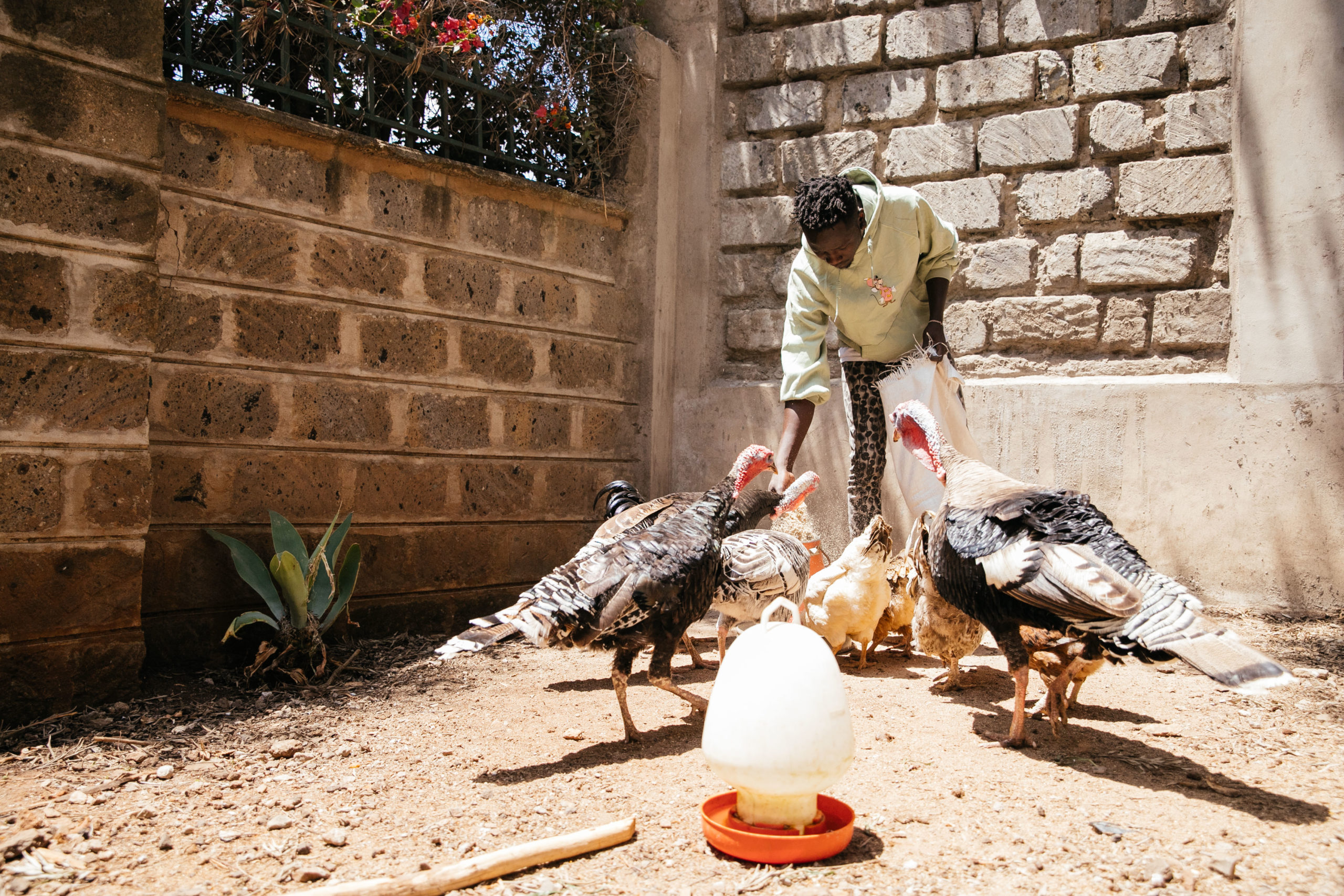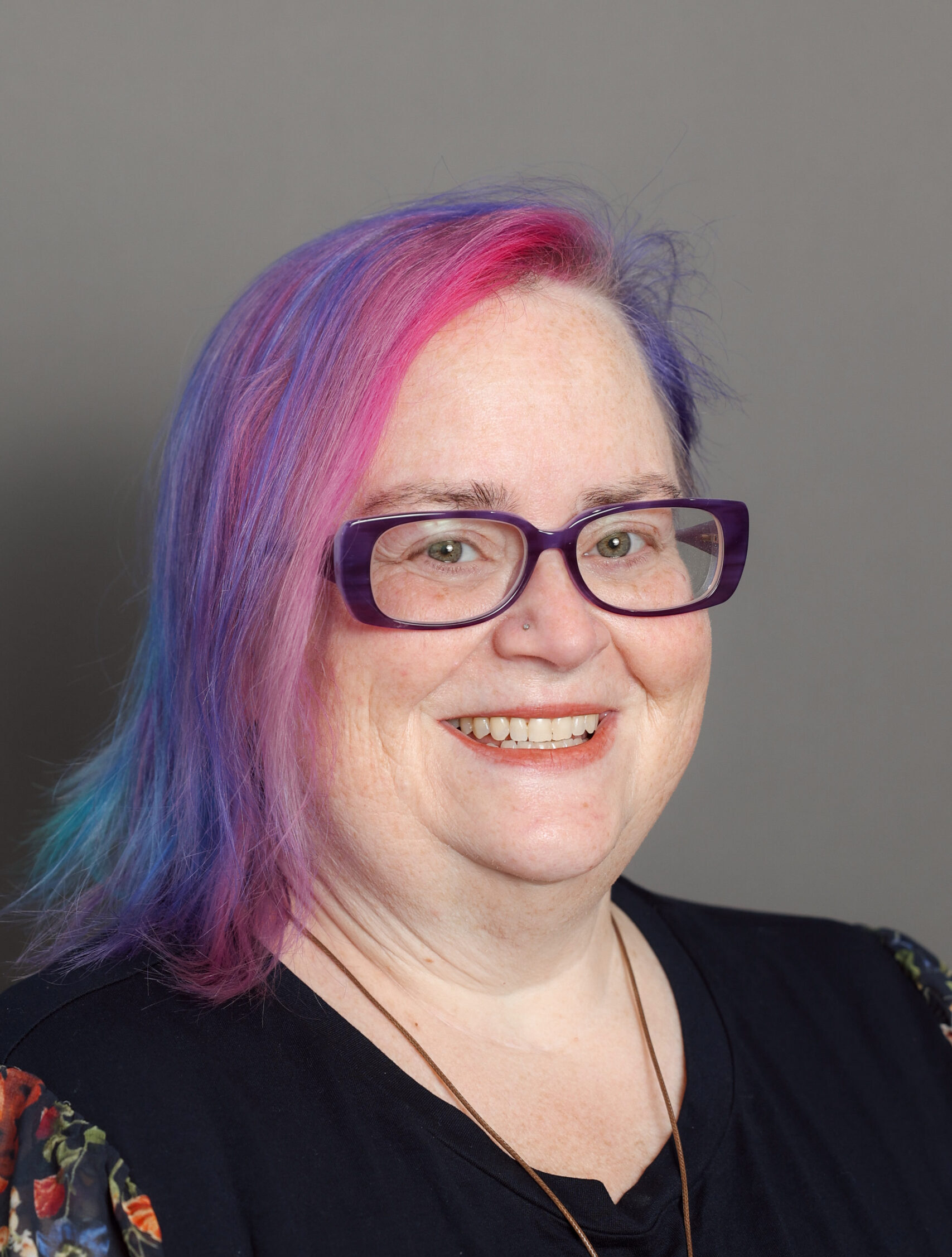How CDP funded COVID-19 in 2021: Equity

Editor’s note: The following post was originally shared in Philanthropy and COVID-19: Examining two years of giving, a report published on May 25, 2022 by the Center for Disaster Philanthropy and Candid.
From the beginning of COVID-19’s impact in the United States, it was clear that the pandemic was not affecting all races the same. Share on XAs of March 25, 2022, the Centers for Disease Control and Prevention (CDC) shared that compared to the white, non-Hispanic population:
- American Indian or Alaska Native, Non-Hispanic persons had 1.6 times as many cases, 3.1 times as many hospitalizations, and 2.1 times as many deaths.
- Asian, Non-Hispanic persons had 0.7 times as many cases, 0.8 times as many hospitalizations, and 0.8 times as many deaths.
- Black or African American, Non-Hispanic persons had 1.1 times as many cases, 2.4 times as many hospitalizations, and 1.7 times as many deaths.
- Hispanic or Latino persons had 1.5 times as many cases, 2.3 times as many hospitalizations, and 1.8 times as many deaths.
The CDC also said, “Race and ethnicity are risk markers for other underlying conditions that affect health, including socioeconomic status, access to health care, and exposure to the virus related to occupation, e.g., frontline, essential, and critical infrastructure workers.”
Consequently, CDP encourages grantmakers and donors to intentionally approach their COVID-19 philanthropy with an equity lens, which entails explicitly addressing the needs of marginalized populations disproportionately affected by the pandemic. Funders can do this by:
- Directly supporting Black, Indigenous, and other people of color-led and -serving organizations.
- Embedding equity into grants as a strategic component and treating it as a separate issue meriting its own funding portfolio. CDP believes all grants should be examined through an equity lens to assess and respond to the needs of the most marginalized communities. There may also be times when having a discrete fund for a specific population (e.g., LGBTQIA+ communities, people living with disabilities, Indigenous families, etc.) is called for.
- Supporting organizations led by members of at-risk communities. Grassroots and local organizations that are led by members of communities that are marginalized because of their race, ethnicity, religion, gender, physical disability, or other identities do not usually attract the attention of funders. Grantmakers need to research these frontline organizations that are most closely connected to the community.
CDP did not include equity as a discrete portfolio in its 2021 grantmaking because all of its grants are made with a racial and intersectional equity lens. CDP fund directors work to ensure that the most marginalized populations are being addressed through their grants, as they recognize that communities’ pre-existing needs are enhanced by disasters and the pandemic. Share on X
For example, CDP granted a total of $715,000 to specifically address the needs of LGBTQIA+ people including:
- $65,000 to ORAM (Organization for Refuge, Asylum and Migration) for economic empowerment and capacity building of vulnerable LGBTQIA+ asylum seekers and refugees in Mexico and Kenya.
- $500,000 to Outright Action International to provide for response and recovery needs of the LGBTQIA+ communities in the Asian Pacific, Latin American, and African areas of the world.
Of the $500,000 granted for advocacy by CDP in 2021, $100,000 was granted to the National Domestic Workers Alliance for COVID-19 response in the United States to expand capacity for advocacy for safe workplaces and equitable access to resources for domestic workers. The majority of domestic workers are immigrant and migrant women and/or women of color.
Nearly $3.4 million was granted by CDP in 2021 for capacity-building efforts, many of which had a direct or indirect connection to COVID-19 response and recovery. Sometimes, this funding linked COVID-19 and another disaster. For example:
- $60,000 to the Quad Cities Latino Foundation to support COVID-19 and flood recovery in Louisa County, Iowa to provide an advocate/ coordinator to support needs of impacted community members with a focus on Latinx and Chin communities.
- $214,000 to the Latino Community Fund of Washington State to provide sub-grants to local, grassroots organizations working to support recovery from the wildfires and the pandemic for immigrant and farmworker populations in the areas hardest hit.
- $500,000 to Doctors Without Borders for COVID-19 response in Brazil to help the Brazilian Ministry of Health meet the health needs of vulnerable populations through capacity building and human resources.
CDP provided $435,000 in grants to support the educational needs of young people. Donors Choose was given $250,000 for COVID-19 response in the United States to equip teachers and students in low-income, mostly minority schools, with resources that address learning needs that have arisen as a result of COVID-19.
All three of CDP’s food security grants, totaling $629,100, targeted marginalized and at-risk populations, including:
- $250,000 to International Medical Corps for COVID-19 response in Gaza for malnutrition screening, food vouchers, nutrition counseling, and psychosocial support for children and mothers.
- $129,100 to the Wambli Ska Society in Rapid City, South Dakota, for Native-led COVID-19 recovery to include a Native food pantry, needs assessment, case management, and spiritual and mentoring support to Native American youth.
